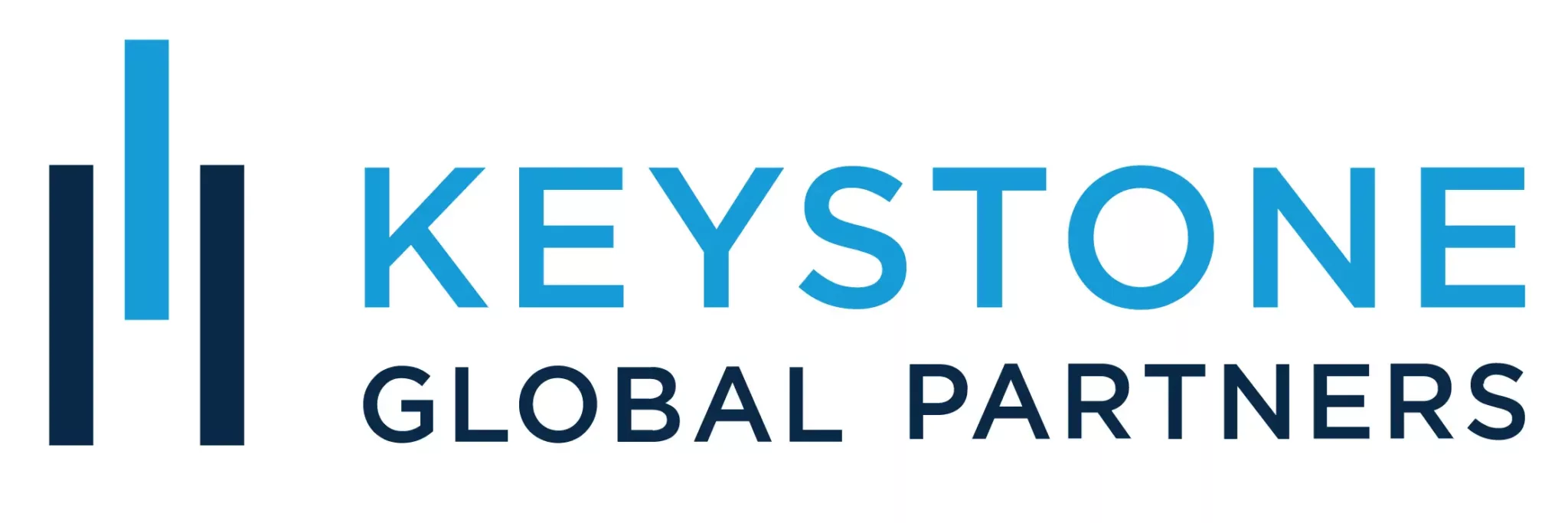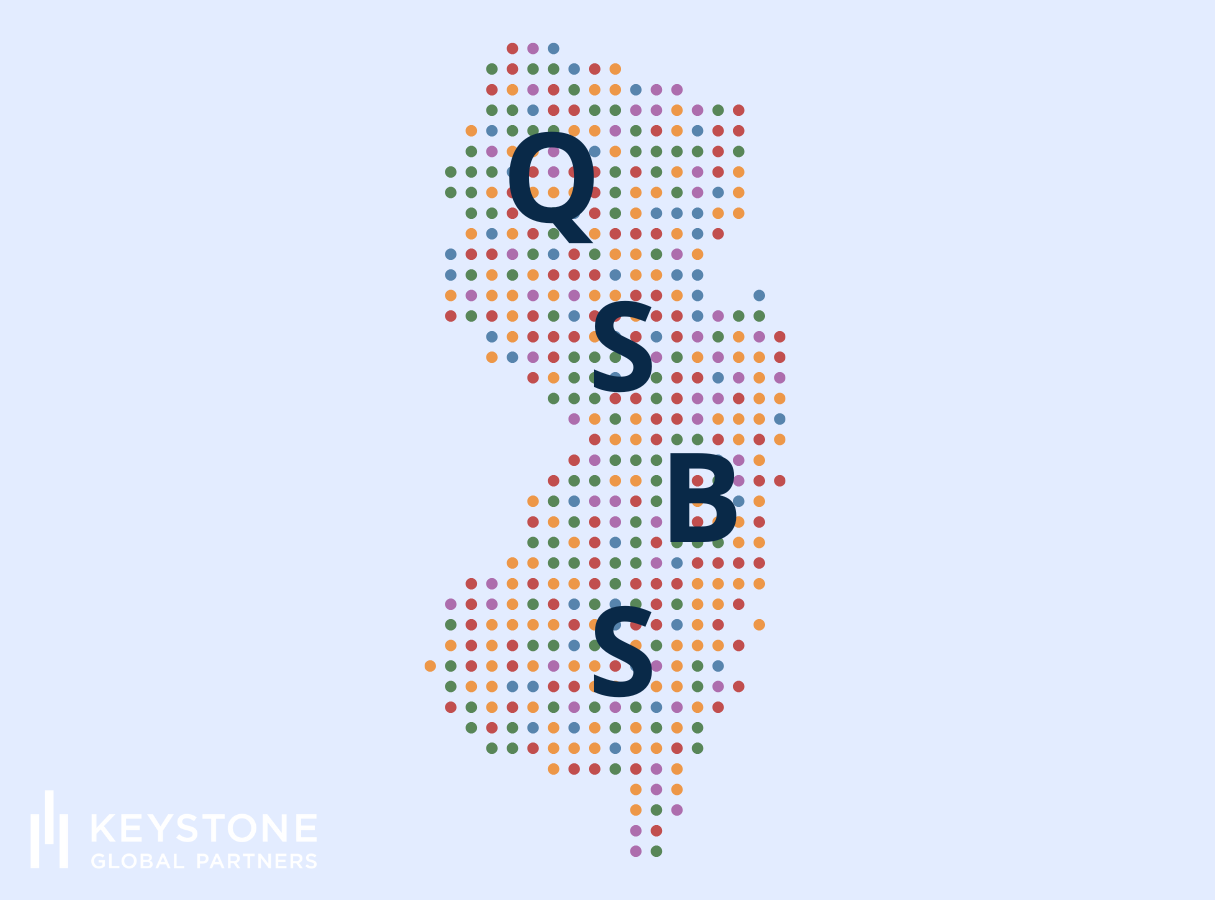On June 30, 2025, New Jersey took a major step by aligning with federal Qualified Small Business Stock (QSBS) rules. Starting January 1, 2026, residents selling QSBS in New Jersey will enjoy state-level tax benefits previously unavailable. Combined with recent federal enhancements to QSBS under the One Big Beautiful Bill Act (OBBBA), this change to NJ QSBS rules redefines the tax landscape for local investors and founders, offering significant savings opportunities.
How New Jersey QSBS Law Has Changed
For years, New Jersey lagged behind most states by taxing QSBS gains at standard state income tax rates, even when those gains were federally excluded under QSBS rules. This left investors and founders paying up to 10.75%, New Jersey’s highest income tax rate, on “excluded” gains.
The new legislation eliminates this disconnect, fully conforming to Section 1202 of the tax code. Starting in 2026, eligible taxpayers can exclude New Jersey QSBS capital gains from state income tax, provided the disposition occurs on or after January 1, 2026. Importantly, this applies not only to QSBS shares acquired after the federal OBBBA updates but also to shares acquired before July 4, 2025, as long as other eligibility criteria are met.
The result? Substantial tax savings for entrepreneurs and investors who meet QSBS New Jersey requirements, expanding the appeal of owning and investing in local startups.
Federal QSBS Enhancements That Amplify the Impact
The recent federal updates under the OBBBA magnify the benefits of New Jersey QSBS adoption. These changes modernize QSBS and provide even greater rewards for startup founders, employees, and investors. Key updates include
1. Shortened Holding Periods with Phased Tax Exclusions
The prior 5-year all-or-nothing holding period has been replaced with a tiered exclusion schedule for NJ QSBS acquired after July 4, 2025
- 50% exclusion for stock held at least 3 years
- 75% exclusion for stock held at least 4 years
- 100% exclusion for stock held 5 years or longer
This flexibility offers earlier liquidity options without entirely sacrificing tax benefits.
2. Higher Exclusion Limit
Federal QSBS law now raises the per-taxpayer exclusion cap from $10 million to $15 million. This adjusts for inflation starting in 2027.
3. Expanded Business Eligibility
The gross asset test threshold for issuing QSBS has been increased from $50 million to $75 million, allowing more startups to qualify.
When paired with New Jersey’s alignment to these rules, founders and investors can optimize gains at both the federal and state levels, unlocking even greater after-tax returns.
What The NJ QSBS Changes Mean for Founders and Investors
Entrepreneurs, growth-focused businesses, and early-stage investors based in New Jersey are the beneficiaries of this new system. Here’s how it impacts them directly
1. Statewide Tax Relief for Founders and Investors
Exit strategies are now more lucrative for startup founders in New Jersey. For example, a founder selling $10 million of QSBS New Jersey stock under the old rules would have avoided federal capital gains tax but faced a New Jersey tax bill of approximately $1.08 million at the maximum state tax rate (assuming a five-year holding period). Starting in 2026, that gain will now be fully excluded at the state level as well, leaving the founder with more after-tax cash.
2. Enhanced Liquidity Options
With NJ QSBS now aligned with federal rules, founders and employees holding stock grants or vested options can explore partial liquidity events, such as secondary sales before the five-year mark, which offer significant tax advantages. This provides financial flexibility without the pressure of being tied to a long-term “all or nothing” five-year holding period. However, keep in mind that the five-year holding period still applies to QSBS issued one or before July 4th, 2025. Any new QSBS issued after this date will qualify under the updated federal QSBS rules.
A Pragmatic Path Forward
New Jersey-based taxpayers planning to sell or invest in QSBS should immediately assess their holdings and revisit their financial strategy. Steps to take now include
- Review Existing Holdings Work with your tax advisor to confirm your QSBS New Jersey status and identify shares eligible for both federal and exclusions. The difference between selling now, vs. waiting until 2026 could be a 10.75% difference in after-tax take-home.
- Plan Future Investments Wisely Align new investments with qualifying New Jersey QSBS criteria to ensure ongoing eligibility under the more favorable rules.
- Consider “Stacking” Strategies With the higher federal cap and New Jersey’s state tax savings, gifting NJ QSBS shares to New Jersey family members or non-grantor trusts could amplify financial benefits.
- Plan Exit Strategies Entrepreneurs planning to sell or seek secondary liquidity in the next few years should map out scenarios that optimize both holding periods and tax benefits under the new rules.
Wrapping Up the Impact of NJ QSBS Rule Changes
New Jersey QSBS adoption of federal rules marks a significant milestone for the state’s entrepreneurial ecosystem. By lowering tax barriers and aligning with substantial federal enhancements, the state has taken a forward-thinking approach to fostering innovation. Founders, employees, and investors alike stand to gain, enjoying new flexibility and greater after-tax returns.
FAQs
When does New Jersey’s QSBS law take effect?
New Jersey QSBS adoption takes effect for qualifying stock disposals on or after January 1, 2026. This means that any eligible investments sold from this date forward may qualify for the associated tax benefits, provided all other requirements are met.
Does New Jersey now conform to federal QSBS rules?
Yes. As of January 1, 2026, New Jersey conforms to federal Qualified Small Business Stock (QSBS) rules, allowing taxpayers to exclude gains from the sale of NJ QSBS under the same conditions as federal law.
Who qualifies for the New Jersey QSBS tax exemption?
To qualify for the New Jersey QSBS tax exemption, certain requirements must align with federal QSBS guidelines. The stock must be issued by a domestic C corporation actively engaged in a qualified trade or business. Additionally, the corporation’s gross assets must not exceed $50 million or $75 million (depending on the acquisition date) at the time the stock is issued. The stock must also be acquired directly from the corporation at issuance, and the individual must hold it for at least three, four, or five years to qualify for the exclusion of gains. Notably, the three- or four-year partial exclusions only apply if the stock was acquired after July 4, 2025.
Does the NJ QSBS tax exemption apply to shares acquired before 2025?
Yes, the NJ QSBS tax exemption applies to shares acquired before 2025, provided that the shares meet all other qualifying criteria. However, the exemption is only applicable for qualifying dispositions occurring on or after January 1, 2026.
How much can I exclude under the New Jersey QSBS law?
The Qualified Small Business Stock New Jersey law, effective January 1, 2026, offers significant tax benefits for eligible investors. Under the law, you can exclude capital gains from state income tax if specific criteria are met.
- For New Jersey QSBS acquired on or before July 4, 2025 You can exclude the greater of $10 million or 10 times your investment basis for stock held for five or more years.
- For New Jersey QSBS acquired after July 4, 2025 The exclusion increases to the greater of $15 million or 10 times your basis, with inflation adjustments starting in 2027.
Additionally, for stock acquired after July 4, 2025, the law introduces shorter holding periods with partial exclusions
- Hold for 3 years to receive a 50% exclusion.
- Hold for 4 years to receive a 75% exclusion.


